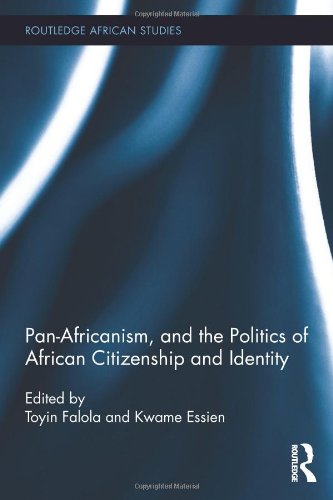

Most ebook files are in PDF format, so you can easily read them using various software such as Foxit Reader or directly on the Google Chrome browser.
Some ebook files are released by publishers in other formats such as .awz, .mobi, .epub, .fb2, etc. You may need to install specific software to read these formats on mobile/PC, such as Calibre.
Please read the tutorial at this link: https://ebookbell.com/faq
We offer FREE conversion to the popular formats you request; however, this may take some time. Therefore, right after payment, please email us, and we will try to provide the service as quickly as possible.
For some exceptional file formats or broken links (if any), please refrain from opening any disputes. Instead, email us first, and we will try to assist within a maximum of 6 hours.
EbookBell Team

4.8
54 reviewsThere is no recent literature that underscores the transition from Pan-Africanism to Diaspora discourse. This book examines the gradual shift and four major transformations in the study of Pan-Africanism. It offers an "academic post-mortem" that seeks to gauge the extent to which Pan-Africanism overlaps with the study of the African Diaspora and reverse migrations; how Diaspora studies has penetrated various disciplines while Pan-Africanism is located on the periphery of the field. The book argues that the gradual shift from Pan-African discourses has created a new pathway for engaging Pan-African ideology from academic and social perspectives. Also, the book raises questions about the recent political waves that have swept across North Africa and their implications to the study of twenty-first century Pan-African solidarity on the African continent. The ways in which African institutions are attracting and mobilizing returnees andPan-Africanists with incentives as dual-citizenship for diasporans to support reforms in Africa offers a new alternative approach for exploring Pan-African ideology in the twenty-first century. Returnees are also using these incentives to gain economic and cultural advantage. The book will appeal to policy makers, government institutions, research libraries, undergraduate and graduate students, and scholars from many different disciplines.